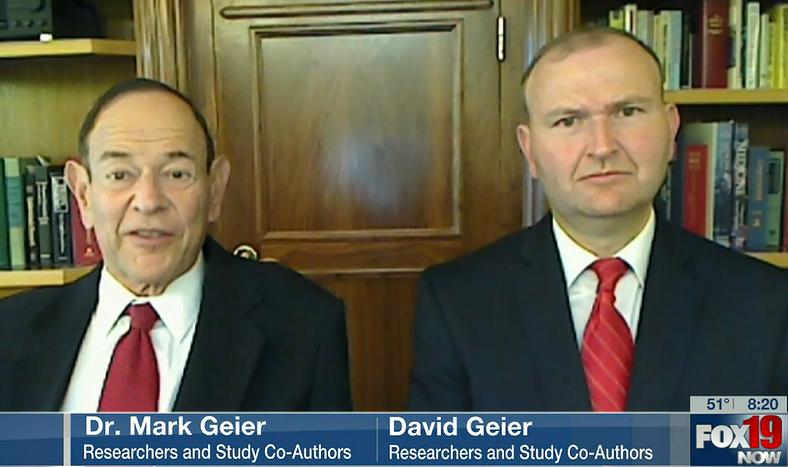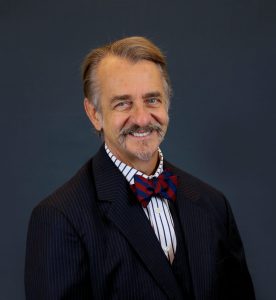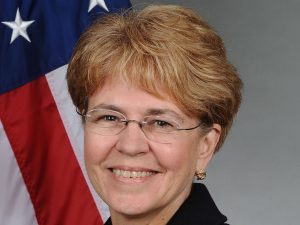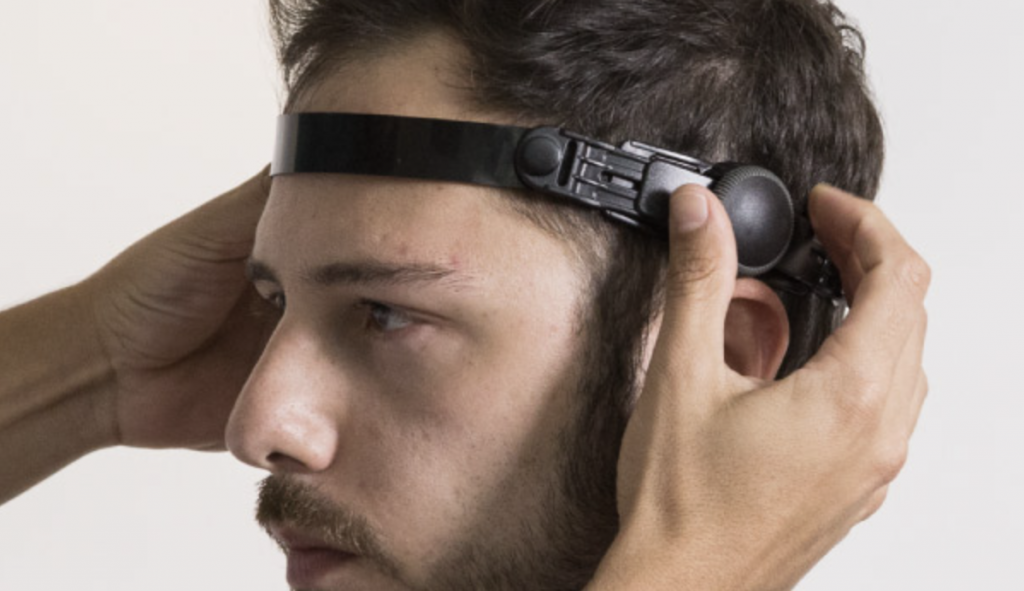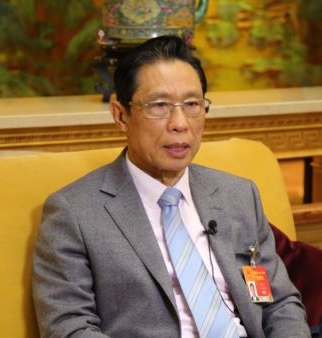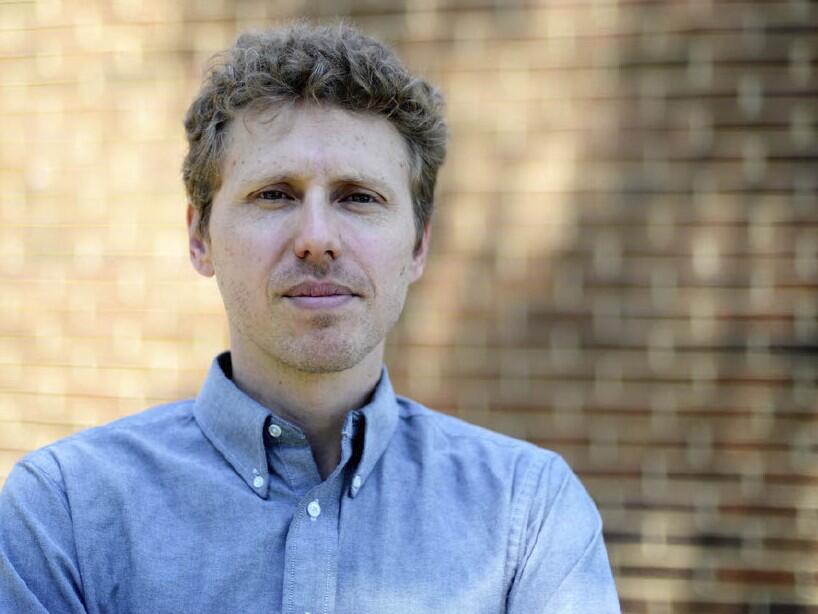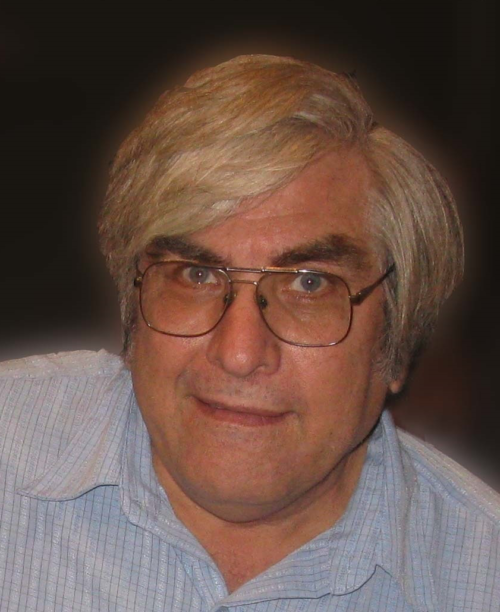
A review article concluding the weed killer Roundup “does not pose a health risk to humans” has been retracted eight years after documents released in a court case revealed employees of Monsanto, the company that developed the herbicide, wrote the article but were not named as coauthors.
The safety of glyphosate, the active ingredient in Roundup, is hotly debated and currently under review at the U.S. Environmental Protection Agency. The International Agency for Research on Cancer, part of the World Health Organization, in 2015 declared glyphosate “possibly carcinogenic.”
The now-retracted article appeared in Regulatory Toxicology and Pharmacology, an Elsevier title, in 2000. Gary Williams, then a pathologist at New York Medical College in Valhalla, Robert Kroes, a toxicologist at the University of Utrecht in the Netherlands, and Ian C. Munro, a toxicologist at Cantox Health Sciences International in Ontario, Canada, were listed as the authors. The paper has been cited 614 times, according to Clarivate’s Web of Science.
Continue reading Glyphosate safety article retracted eight years after Monsanto ghostwriting revealed in court